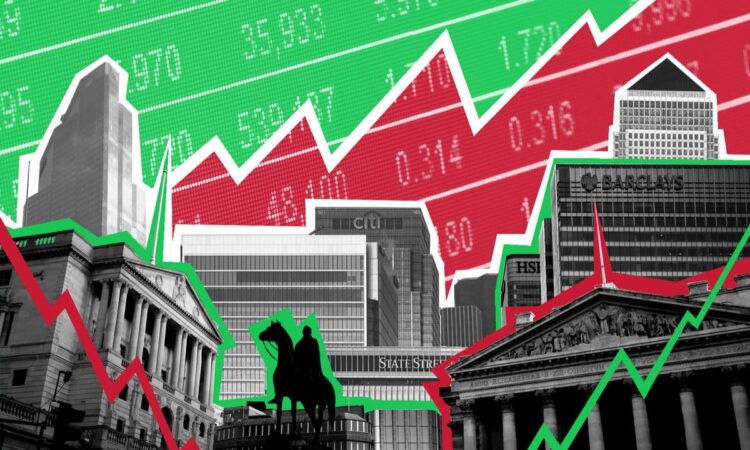
Oil price worries dent FTSE 100, Bakkavor upgrade boosts shares
An oil price close to $90 a barrel ensured traders stayed on the sidelines during a bleak session for the FTSE 100 index today.
The latest spike for Brent Crude followed confirmation by Saudi Arabia and Russia that they intend to extend their voluntary supply cuts to the end of the year.
The oil benchmark, which had been $72 a barrel in June, yesterday broke the $90 threshold for the first time since November and stayed close to the mark today.
UBS Global Wealth Management thinks a year-end $95 a barrel is possible, noting the recent decline in US crude inventories and this year’s record oil demand driven by summer air travel and reopening of China’s economy.
The prospect of elevated oil prices keeping inflation higher for longer meant European shares suffered another bout of worries over the peak for global interest rates.
As well as the latest pressure on central banks, the likelihood of higher pump prices has done little for hopes of rebuilding consumer spending power.
The FTSE 100 index fell by a larger-than-expected 0.8% or 62.65 points to 7,375.28, marking its third session in a row of losses.
Blue-chip fallers included luxury goods group Burberry, which dropped 2% or 52p to 2136p, and the contract catering firm Compass after a decline of 37.5p to 1975.5p. Rolls-Royce gave up some of its recent gains by weakening 2% or 4.9p to 214.3p.
The midcap FTSE 250 index also suffered a poor session with a drop of 0.7% or 126.95 points to 18,364.47. The latest interest rate uncertainty meant US-focused publisher Future was among the heaviest fallers, down 20p at 752p.
One of the best performances came from supermarket prepared food supplier Bakkavor, which rose 4p to 103p after adding £4 million to the City’s profit forecasts.
The guidance for a 2023 haul of at least £89.4 million follows restructuring savings, a strong performance in the UK and a post-Covid volume recovery for its China business.
Broker Peel Hunt, which has a price target of 115p, also highlighted the benefit of improved trading visibility due to an easing of cost pressures.




